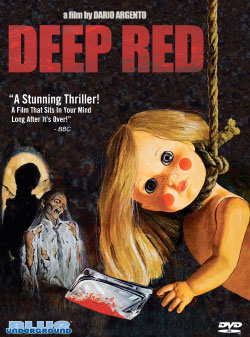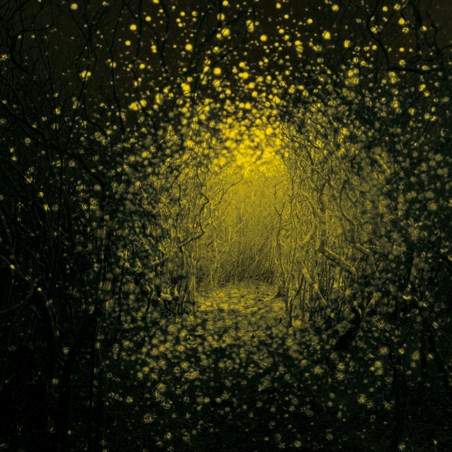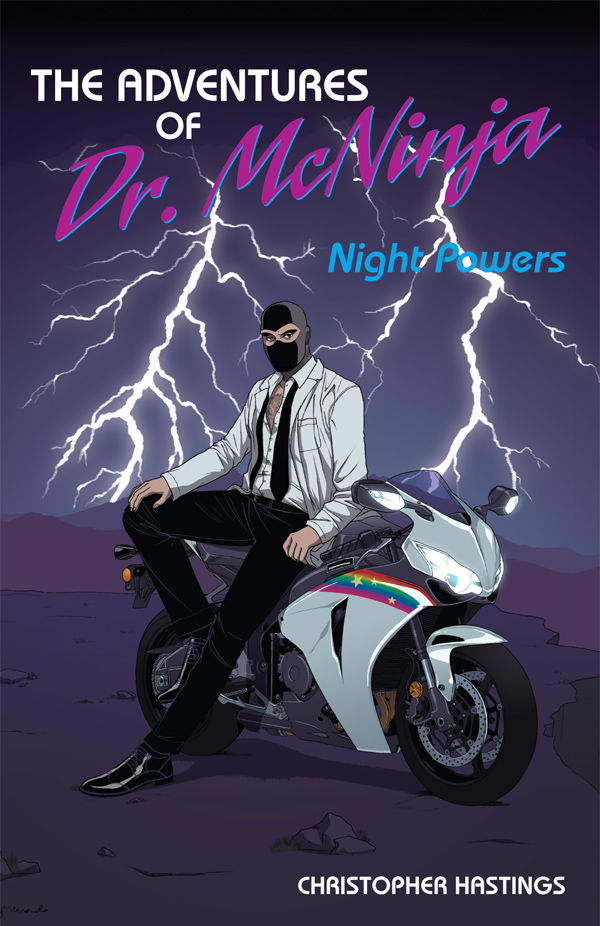Geektastic: I Beg to Differ!
 Rob Dean On
Rob Dean On  Thursday, February 18, 2010 at 1:27PM
Thursday, February 18, 2010 at 1:27PM 
I enjoy "Lost." True, I haven't always - looking at you Season 2! - but ever since the writers & producers have gotten together and fixed an endpoint to the series, I've felt like it's been on track and mostly an excellent and addictive show. Good character work, interesting (nerdy) plot elements including time travel, alternate universes and possibly some supernatural aspects.
However, I can see why some people wouldn't like it. It's serialized storytelling exhibiting the biggest clichés of that style - exaggerated cliff-hangers, constant evasion of directly answering questions, lots of back story and characters to keep track of in addition to a very intimidating mythology that permeates every episode.
And then there's the rabid fanbase, which can turn anyone off. In this "letter" to rabid "Losties" - which I guess are the agreed upon sobriquet for devoted fans of "Lost" - this website decides to draw a line in the sand and calls out fans for their behavior.
However, I disagree!
Yes, people freaking out about possible spoilers is a tricky predicament particular to this new age of DVRs, internet communications and global interactivity. And it's true that people need to be their own monitors and self-censors when it comes to finding stuff online or in other media. Being passionate about whatever you like - "Lost", Twilight, "Battlestar Galactica", Furries - is a great thing, but when it comes at the price of civility and sensitivity, then it's time to re-evaluate.
Having said that...fuck this guy.
Just kidding. Mostly.
I disagree with his statement that "Lost" fans have created the worst and most annoying fanbase.
I realize the gravity of that accusation, and I’m quite serious. In the vast array of genre fans — from Klingon-speaking Trekkies to teenage goth-girl Twihards to suicidal Avatards who don’t want to live on a planet that doesn’t bioluminesce — no one is quite as annoying as you, Losties.
His statement is based on the belief that the difference between those fans and "Losties" is that people want to escape into those worlds while Losties "wish only to discuss the various theories that might unlock the Gordian knot the show’s writers have concocted."

Firstly, I think any over-passionate fanbase is annoying. People who cling to any belief or worship at the feet of an idol - be it religion, pop culture, political party, whatever - without conceding that there are flaws or differing opinions are pretty obnoxious. So let's just all agree that it's better to be as civil as possible and allow for dissenting voices.
Secondly, the problem with comparing "Lost" to those other franchises is that they aren't similar. Yes, some of them are also television shows, or they are also sci-fi, or target the same demographic. But the substantive difference is that none of them are currently ongoing.
Trekkies would be just as rabid and screeching if people were constantly "spoiling" interesting twists and developments that were going to appear in the sequel movie. Twihards would be lambasting websites if those sites got a copy of some sequel novel Stephanie Meyer was writing and then blabbed all of the plot developments. These things have been finished - or are insular.
The last Twilight book was published in 2008. It's done and is now a part of the historical record. The last Star Trek TV series ("Enterprise") went off the air in 2005. Avatar has pretty much been seen by everybody and their alternate universe doppelganger twice. And while there are sequel and prequel talks - as the universe exists, there is only one entry into it and it is wrapped up.
 "Lost", on the other hand, is still unfolding. It is the only one of those properties listed that is constantly being added and revised (not counting FanFic) every week. There are changes constantly happening to the characters of "Lost" and to the direction of the show. (Yes, some people think that misdirection and shifting emphasis is a product of bad writing while others think it's done by the GREATEST WRITERS EVER. Again, the answer most likely lies in between)
"Lost", on the other hand, is still unfolding. It is the only one of those properties listed that is constantly being added and revised (not counting FanFic) every week. There are changes constantly happening to the characters of "Lost" and to the direction of the show. (Yes, some people think that misdirection and shifting emphasis is a product of bad writing while others think it's done by the GREATEST WRITERS EVER. Again, the answer most likely lies in between)
And, more importantly, it's a television show predicated on mysteries. Secrets and mythology play such a large role in the show that it's become a 21st century scavenger hunt to try to collect all the clues and figure out how they create an overarching story.
So yes - people are going to be more sensitive to having this mystery ruined. They shouldn't be jackasses about it, of course, and hope time freezes like "Out of This World" until they see the latest episode. But is it so wrong to actually be invested in something and discuss the realm of possibilities that each new piece of the puzzle introduces? Yes, people don't want to know exactly where they're going this time - the journey will undoubtedly be much more interesting than the destination (almost by necessity). But isn't it better to have people debating online about Fate versus Free Will? The role of Classical Conditioning and Cultural Archetypes in "Lost" (and our world)? Aren't these discussions - built on the various allusions made in the show - are much better and more substantive than discussing Jon & Kate, or Tiger's Schlong, aren't they?
In addition to this, "Lost" is one of the first television series to come of age with the rise of Web 2.0 and social networking. So information is being disseminated by users & viewers, haters & fans much more rapidly. It's one of the few genre shows built on a mystery that has existed in the past decade. If "Twin Peaks" had been around during the time of Facebook and Twitter, I'm sure there would've been a similar reaction. Or if anyone else gave a good goddamn about "Heroes", then similar outcries over spoilers would be ensuing anyone giving away the plot. As it stands, "Lost" is pretty much on its own (I guess "Supernatural" is there, but not many people watch it so those discussions are much easier to cordon off).
Before the proliferation of chatting, social networks, Twitter, real time updates, and other Web 2.0 inventions, there were message boards and other sites very specifically dedicated to topics - so people could avoid such things. Now, with information flying fast and free in the tubes, it's possible to stumble onto some unwarranted piece of information.

In the end, I'm guessing that the author isn't as combative on the issue as it may appear. Perhaps he's just being contrary for the sake of playing devil's advocate, or being a cultural gadfly. But in any case, I don't see how antagonizing a group of passionate people really does much to further any sort of change - except, usually, in the opposite direction than the antagonist wants.
Also, if they start making giant pillow people of Hurley and the Smoke Monster, then we can talk about disturbing & annoying fanbases.








Reader Comments